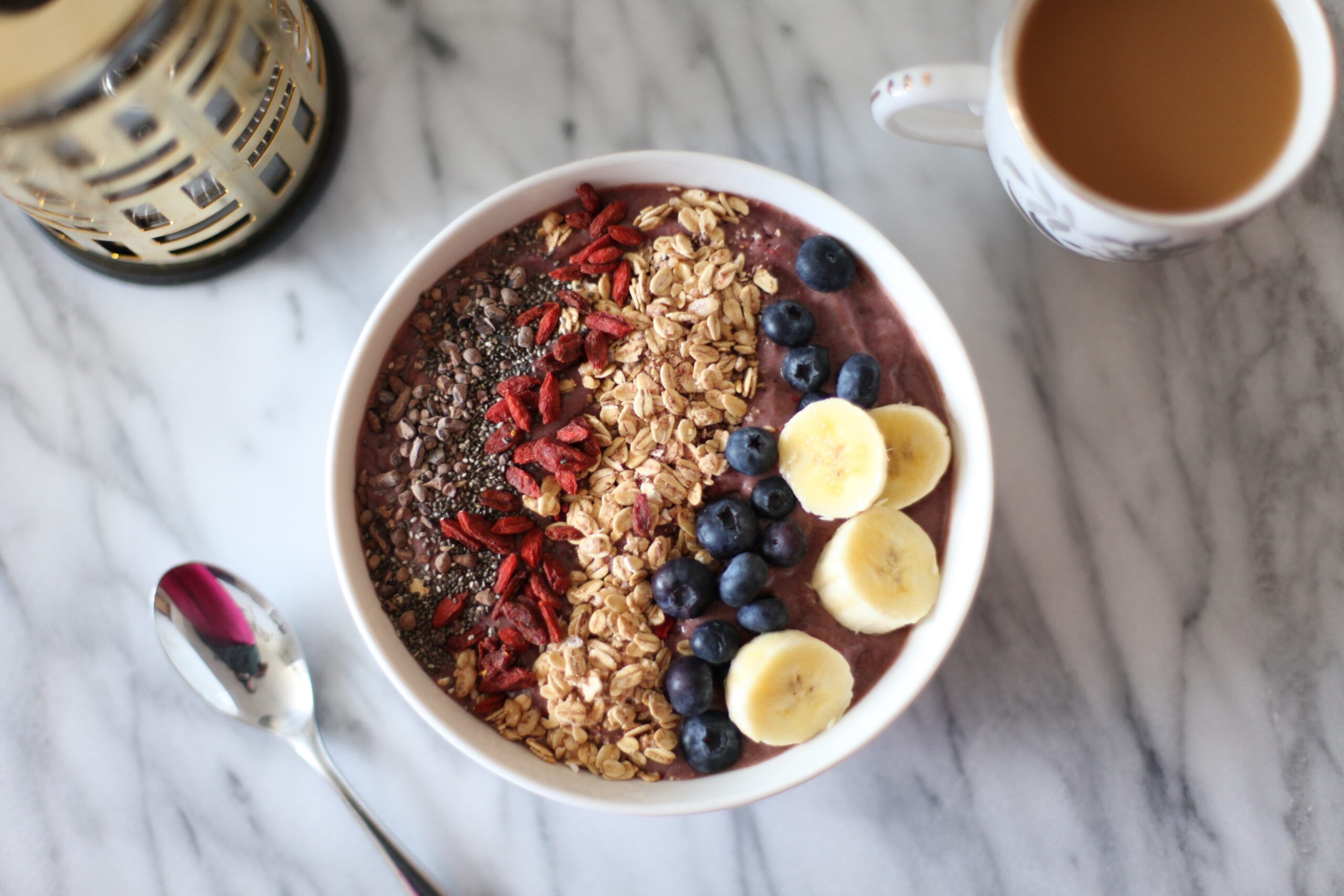How a Good Diet Can Help Keep Depression at Bay
Nourishing the Mind and Body
Food plays a powerful role in mental health. At Inspire Recovery Center, we understand that healing from depression isn’t just about therapy—it also involves physical wellness. A balanced, nutrient-rich diet can support emotional stability, improve brain function, and enhance overall mood.
The Link Between Diet and Depression
Research continues to show that the gut and brain are deeply connected. When we nourish our bodies with whole, healthy foods, we also support cognitive and emotional well-being. On the other hand, diets high in sugar, refined carbs, and processed foods may contribute to inflammation and worsen symptoms of depression.
How Nutrition Supports Mental Health

Balances Mood Naturally
Foods rich in omega-3 fatty acids, such as salmon, walnuts, and flaxseeds, help regulate neurotransmitters like serotonin and dopamine—key players in mood stability.
Supports Brain Function
A diet full of leafy greens, berries, whole grains, and lean protein fuels the brain with essential vitamins like B12 and folate, which are crucial for cognitive performance and emotional health.
Reduces Inflammation
Chronic inflammation is often linked to depression. Antioxidant-rich foods like turmeric, berries, and green tea help fight oxidative stress and protect the brain.
Improves Gut Health
The gut produces about 90% of the body’s serotonin. Probiotic foods such as yogurt, kefir, and fermented vegetables support gut microbiome health, which in turn influences mood.
Encourages Consistent Energy
Unstable blood sugar levels can lead to irritability and fatigue. Eating balanced meals with fiber, protein, and healthy fats keeps energy steady and reduces mood swings.
Incorporating Nutrition Into Recovery

At Inspire Recovery Center, we believe in healing the whole person. Our team helps clients make simple, sustainable dietary changes that align with their treatment plans. We also provide education and support to empower clients to maintain healthy eating habits long after treatment.
Final Thoughts
Depression affects every part of a person’s life—including how they eat. Fortunately, the reverse is also true: the food we choose can impact how we feel. By making thoughtful dietary decisions, individuals in recovery can gain an extra layer of support for their emotional health. Inspire Recovery Center is here to guide that process with care and expertise.
